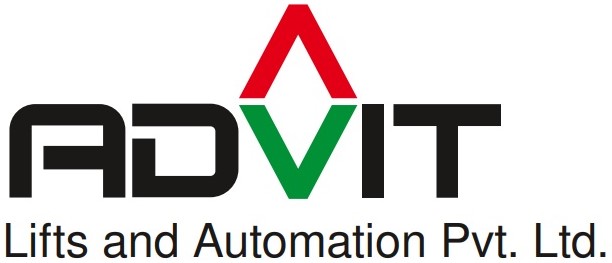-
-
-
H135/136,Riico Udhyog Vihar, Sukher ,Industrial Area, Sukher Udaipur
Components Parts
Additional Features and Components:
-
Control Systems: These include both mechanical buttons and modern touchscreens or digital interfaces.
-
Doors and Entrances: Can be automatic sliding, bi-parting, or swing doors. Special safety features include sensors to prevent closing if an object is detected.
-
Safety Features: Elevators typically include emergency braking systems, door sensors, fire-resistant construction, and backup power supplies.
-
Customization: Elevators can be customized with different cabin finishes, lighting, and advanced controls to suit the building's design and user needs.
Elevators are essential for the efficient functioning of multi-story buildings, providing both comfort and convenience to their users. Whether used for people or goods, each type of elevator is designed with specific needs and settings in mind.
Customized and Automation :
We are expertise in customized Products and Automation Like Retractable Roof and dynamic Moving Structure, Moving Balcony and floor Etc. We can make products as per your specific Products.
Advit Lifts Automation Pvt Ltd. Manufacturer And Trading Of Following Products for B2B Customer :If you're looking to purchase elevator components, there are several key components you can typically find for sale, depending on the specific type of elevator (e.g., passenger, freight, hydraulic, or traction elevators). Here are some common elevator components that are often sold:
1. Elevator Doors
Automatic Sliding Doors : Used in most passenger elevators.
Manual Doors : Typically found in older or freight elevators.
Shaft Doors : Located on each floor, allowing access to the elevator car.
2. Elevator Motors & Drives
Gearless Traction Motors : For traction elevators, which use ropes and pulleys.
Geared Traction Motors : Typically found in older traction elevators.
Hydraulic Power pack : Used in hydraulic elevators, providing movement by lifting the elevator car via fluid pressure.
3. Control Panels
Main Control Panels : For controlling elevator operations, safety features, and user interfaces.
Call Buttons & Panels : The buttons on each floor that request an elevator, as well as inside the elevator for car control.
Digital Control Systems : Modern systems with advanced features such as destination dispatch and monitoring. Integrated Close Loop Control Panel for Gearless Elevator
4. Elevator Ropes
Steel Cables : These are used in traction elevators to move the car up and down.
Synthetic Cables : Lightweight and durable cables used for specific systems.
5. Elevator Counterweights
Counterweights : Used in traction elevators to balance the weight of the car and reduce energy consumption.
6. Hydraulic Cylinders
Single-acting Cylinders : Used in hydraulic elevators for vertical lift.
Double-acting Cylinders : Allow for bidirectional movement.
7. Elevator Shaft Components
Shaft Rails : Mounted on the elevator shaft walls to guide the elevator car.
Buffers : Safety mechanisms that stop the car in the event of an emergency or failure.
8. Safety Systems
Emergency Brakes : Prevent the elevator car from falling if a malfunction occurs.
Speed Governors : To ensure the elevator moves at a safe speed.
Overload Sensors : Prevent elevators from operating if they exceed weight limits.
9. Elevator Cab Interiors
Walls, Ceilings & Floors : Customizable materials for the interior of the elevator.
Lighting Systems : LED, fluorescent, or other lighting options.
Handrails : Installed for passenger safety and comfort.
10. Elevator Fixtures
Push Buttons : For user interaction inside the elevator and on each floor.
Indicator Panels : Showing the floor and direction of travel.
Voice Communication Systems : For emergency calls.
11. Elevator Maintenance Kits
Lubricants : For keeping moving parts like pulleys and guides functioning smoothly.
Replacement Parts : Such as cables, ropes, and sensors.

